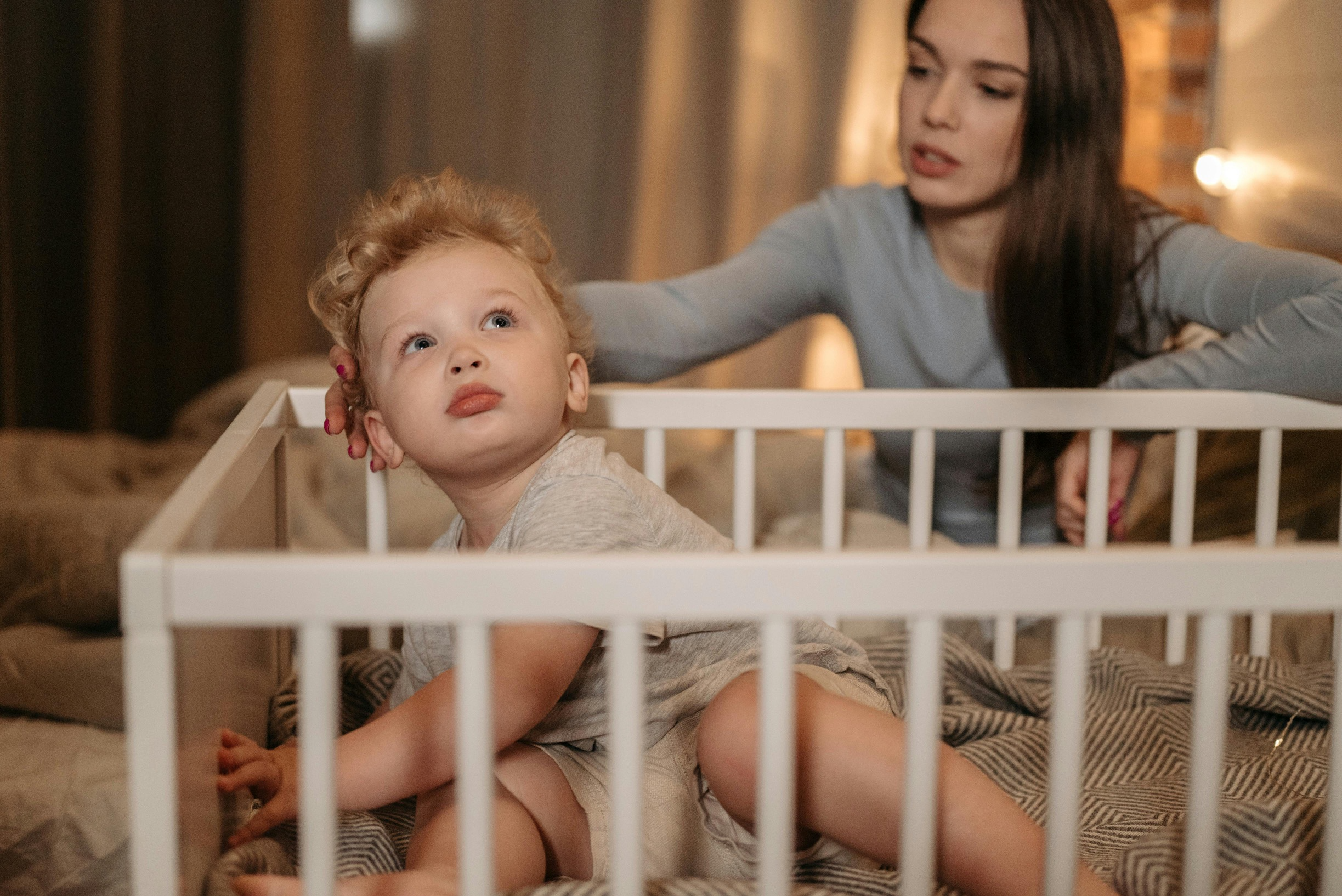As we age, our bodies undergo numerous physiological changes, and one of the most significant impacts can be on our sleep patterns.
As we get older, we tend to experience a decrease in the quality and quantity of sleep we get each night. But what can you do about it?
Firstly, let’s take a look at some of the ways ageing affects sleep.
-
Changes in Circadian Rhythm: As we age, our internal body clock or circadian rhythm, which regulates our sleep-wake cycle, tends to shift. This shift means that older adults often feel tired earlier in the evening and wake up earlier in the morning than they used to. This can lead to difficulty falling asleep and waking up too early, which can affect the overall quality of sleep.
-
Changes in Sleep Architecture: Another impact of ageing on sleep is changes in sleep architecture. Older adults tend to spend less time in deep, restorative sleep (known as slow-wave sleep) and more time in lighter stages of sleep, such as stage 1 and stage 2. This can lead to more frequent waking during the night and a greater likelihood of feeling tired and groggy during the day.
-
Increased Risk of Sleep Disorders: As we age, the risk of developing sleep disorders such as sleep apnea, restless leg syndrome, and periodic limb movement disorder increases. These conditions can cause interruptions in sleep and lead to symptoms such as snoring, choking or gasping during sleep, and a feeling of tiredness during the day.
-
Changes in Lifestyle: As we age, our lifestyle and daily routines may change. For example, we may retire from work, spend more time at home, or have a more sedentary lifestyle. These changes can impact our sleep, as we may be less physically active during the day, leading to less need for sleep and difficulties falling asleep at night.
-
Medical Conditions: Finally, many medical conditions associated with ageing can impact sleep. For example, conditions such as arthritis, heart disease, and dementia can cause pain, discomfort, and difficulty breathing, which can all make it difficult to fall asleep and stay asleep.
In conclusion, ageing can have a significant impact on sleep patterns. The changes in circadian rhythm, sleep architecture, increased risk of sleep disorders, changes in lifestyle, and medical conditions can all lead to difficulties falling asleep, staying asleep, and feeling rested in the morning. However, by adopting good sleep hygiene habits, such as maintaining a consistent sleep schedule, avoiding stimulants such as caffeine, and creating a comfortable sleep environment, we can improve our chances of getting a good night’s sleep, even as we age.
Are you looking for help in improving your sleep? Book in a call to see whether we are a good fit!



